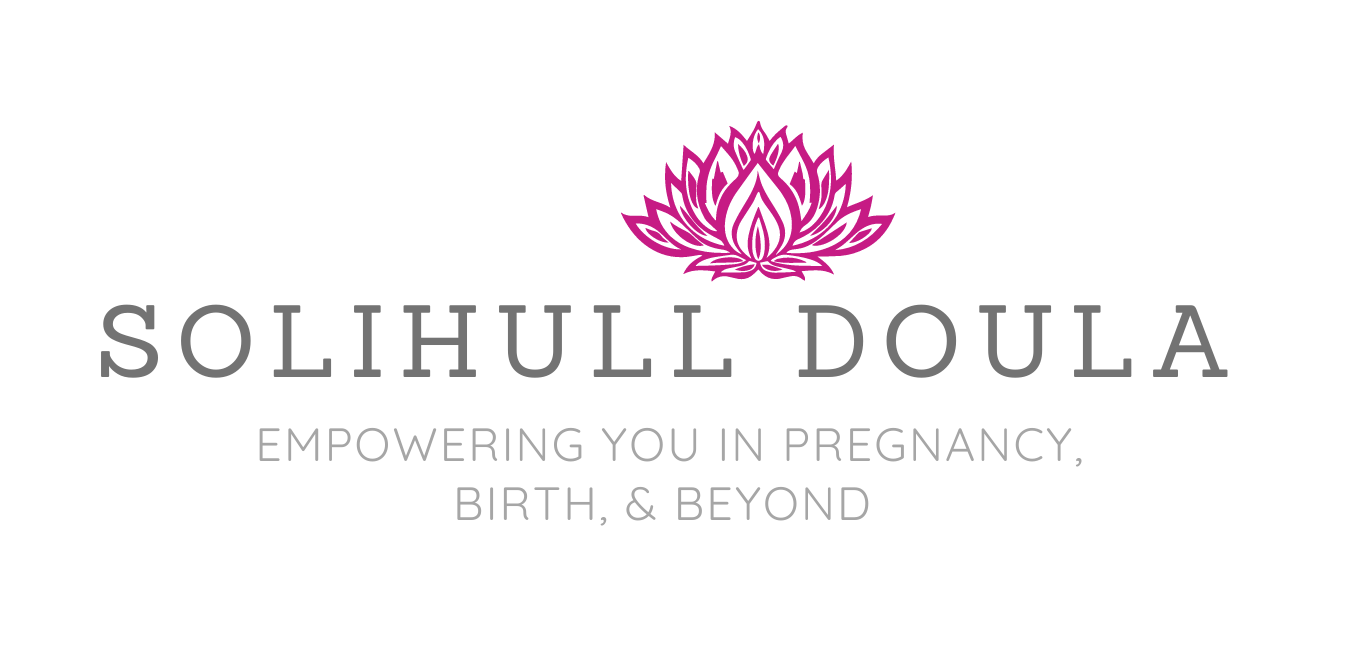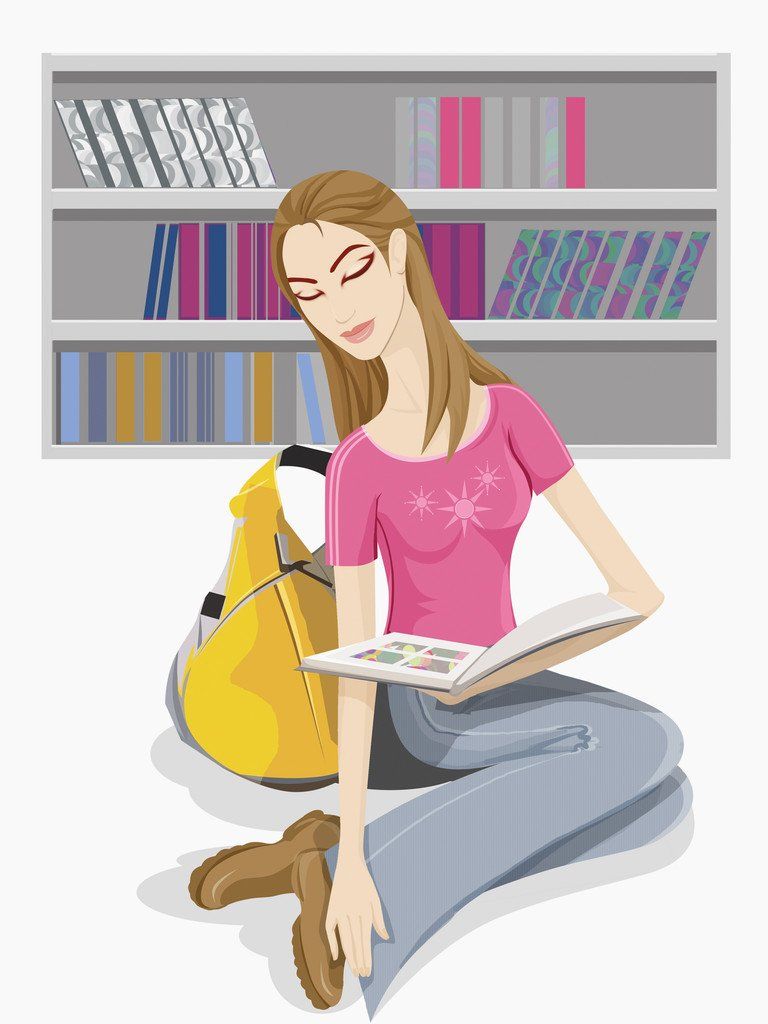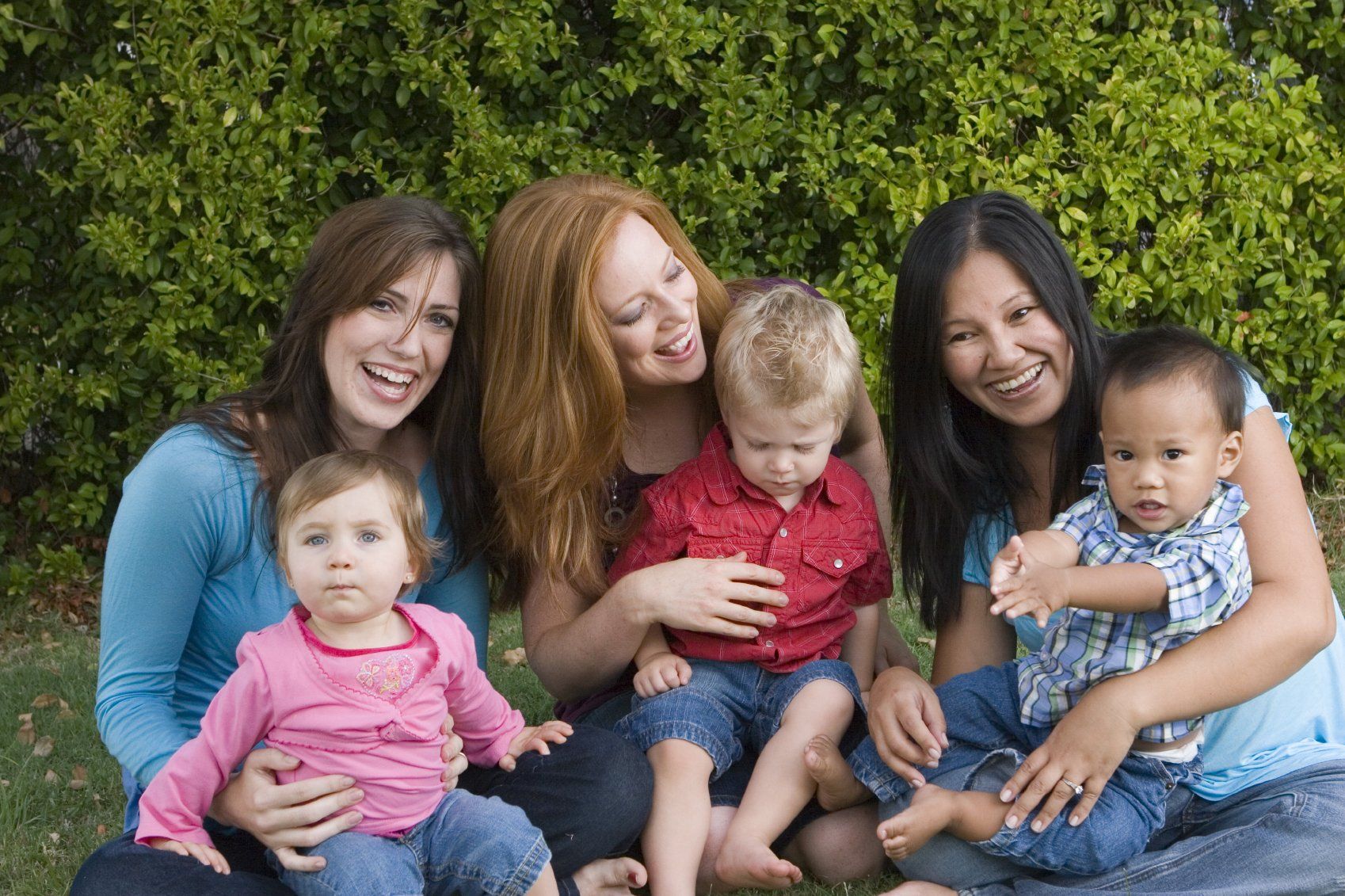Autism, acceptance and adapting
Melanie Butcher • 26 April 2021
Birth and Autism
April is Autism Acceptance Month and I've seen and felt so much that I wanted to share with the world about Autism at this time. But do you ever feel like it's too overwhelming to do something justice and that stops you from doing anything?! Well that's been me (and coincidently can be an autistic trait :) ) But I have recently shared some thoughts and resources on my personal pages and I feel drawn to show up here too and share a little but about why acceptance rather than awareness matters, how you might experience birth as an Autistic person and how as Doula's, we can work with Autistic people to help support their needs.
Before I start, a little disclaimer to say that I am not an expert in Autism, and I certainly cannot profess to speak for Autistic people as I am neurotypical. I am however a Mum to an amazing person who happens to be Autistic, and I find there is a lot of cross over in how I support and advocate for my child, and how I research, support and advocate for clients in my work as a Doula. If you are a person with Autism and you feel that you can add to this article or provide any additional resources to help Doulas or Autistic birthers, I'd love to hear from you. It is your voices that are so important in making birth better for Autistic people.
Awareness
Most people have heard of Autism and have some perceptions of what it might mean to be Autistic, however, people don't necessarily know how to be inclusive. Better understanding about the spectrum of Autism and how it can affects every aspect of someones life, learning, senses and sense of self is needed to become a better alley.
The medical diagnostic tool currently used to confirm Autism states that difficulties in social communication and in repetitive behaviours are key domains. But how it presents is VAST and different for each and every Autistic person. It can for example include needing more processing time when asked a question, having a sensitivity to certain fabrics, not understanding an analogy, needing to learn based on their interests, feeling safer with routines, feeling heightened anxiety, being over or under sensitive to noise, hot and cold or touch. When a person with Autism becomes overwhelmed by some of these stimuli or demands, they can reach their fight or flight response which may include a 'meltdown', shut down or panic attack.
Birth as an Autistic person
When we bring some of those examples into the birthing world, it is easy to see why a birthing person (or birth partner who is Autistic), might experience some additional challenges to someone who is neurotypical. The traditional birth in a hospital setting in particular could present unpredictability, lack of control, issues around noise, temperature, fabrics and other sensory issues. Also, lots of questions from people we don't know, decisions to make, pain relief issues, and unfamiliar sensations within our own bodies. There is a higher chance that they could go into overwhelm and become very distressed or turn inward and switch off from the experience, both of which can be detrimental. Our job as birth workers is to support them to help prevent the triggers that might contribute to them getting to either of these points, but also to go beyond meeting basic needs, so that they have the opportunity to enjoy and cherish their experience as much as any birthing person wishes to.
A study published in 'Women and Birth', (*link below) stated that Autistic women, "...needed to feel more empowered about the circumstances of their giving birth and that they relied on three factors during their experience—clear communication, sensory adjustments and change management.”
So how might we work together to do that?
- Planning - Birth plans/preferences work on ahead of time help to cover what the person wants in all eventualities. It also is a great exercise for facilitating discussions about how each step of the birth process might unfold. I have taken enquiries from Autistic people who have yet to conceive as they want to be fully prepared. As part of the planning process, asking someone about their pain tolerance might be helpful as Autistic people can be over or under sensitive to pain and knowing this in advance can help you to help them.
- Research - This may be even more important to Autistic people. Knowing all the facts, risks and options helps people to feel prepared and in control. Looking into side effects of medication and pain relief options might be part of this research as they may be more aware of the sensations that medication can have on their body and be keen not to upset the balance. Additional exploration on non-invasive pain relief techniques such as water, self-hypnosis and TENs machines might help. This advanced preparation can also give an Autistic person the time they may need to process information and ask any questions that come up for them as a result.
- Relationship building - We know that continuity of care has better outcomes for birthing women already, but a good relationship with a trusted person can be even more crucial to a positive experience. Doula's are in a privilege position to offer this continuity. Doula's can also help to build those relationships with other birth care providers who perhaps don't have as much time per appointment to really get to know their client.
- Picking the right team - As a chosen Doula, we can help to advocate when another care provider is not being understanding of need. We can also advise and empower our clients that they have the right to change their care provider. We must also remember to check our own misconceptions about Autism and make sure the person in front of us is our focus. We must also make sure we are being very clear in our communication in the way that our client has indicated works for them - just because we usually communicate in one way doesn't mean we have to for every client. They may process information better if its printed out in bullet points or explained in person. Ask!
- Understanding personal triggers - This a big exercise in care providers listening to the Autistic person. The Austitic person, knows and understand what their triggers are. Once you have really heard and understood these, you can help to plan for how these triggers can be avoided. Maybe some extra planning needs to be put into place. For example to bring their own sheets to hospital (smell, feel, weight and pattern can all be a factor), or to make sure that everyone in the birth room is aware that the aromatherapy must not be offered and food mustn't be brought into the room. Triggers will be different for each person although as part of becoming more inclusive, we can anticipate some of the common themes such as strong smells, bright lightening, loud noise, periods of transition (moving rooms, change in staff etc), distracting patterns in the room, scratchy materials etc. when we design or set up birthing rooms.
- Understanding main coping mechanisms
As above, the Autistic person will already have coping methods and strategies in place. As a Doula, we are looking to hear what these are and then facilitate a plan on how these can be included in their chosen birth environment. Examples might include the importance of rituals, specific music, ear defenders, a favoured relaxation technique, pressure, touch, or having homely items around them.
- Considering the birth environment - This will link in closely with the coping mechanisms that work for each person. It may be that a home birth or extended labouring time at home is the best option for someone who has a lot of sensory issues or who likes to be in control of their environment. Where this is not their wish or is not possible, considering how you can make each environment as suitable to that persons needs as possible is going to be a key preventative measure to overwhelm. Where possible visits or photos of the setting should be used. Explanation booklets of their route into the hospital, visiting times, provision of meals etc can all massively reduce anxiety for some people. This in addition to the usual moving round of the birth room to make it less clinical, dimming lights and playing music.
- Enabling reasonable adjustments - It is reasonable to ask for some adjustments to support additional needs. Examples might be having an additional birth partner present, asking for an early labour check at home, a side room to reduce sensory overload, meeting with the health visitor before birth, or being given warning if any new people are required to come into the room. Repeating information or providing information in a different format might be necessary.
- Postnatal planing and tailored support - People with Autism are much more likely to suffer with postnatal depression. It is therefore key that support is put in place postnatally. Continuity of care, parenting preparation and a list of coping mechanisms will also be of huge benefit here. Keeping a close eye on mental health along with the persons usual care team may be beneficial and is something to discuss in advance of birth.
Please also give consideration to 'stimming' and it's purpose, the link between autism and anxiety, prevalence of tics, sleep issues and special dietary preferences, any care plans that might be in place, and other conditions that are more common in Autistic people such as dyslexia (which may make forms more tricky). Also, someone does not have to have a clinical diagnosis of Autism for them to find some of these strategies useful to them and their needs. This is not an exclusive list and I will add to this article over time as I become aware of new information, strategies and resources.
Further reading, information and support
Book: 'From Here to Maternity: Pregnancy and Motherhood on the Autism Spectrum', by Lana Grant https://amzn.to/3gDUbqS (please note this is my affiliate link. At no cost to you, I may earn a small commission if you buy via my link).
YouTube video: Alexis Quinn talks in this 5 minute video about what it's like to be Autistic, give birth and become a parent https://www.youtube.com/watch?v=B1Llqe0btxc
Article: This links to a study of Autistic women's experience of the perinatal period and motherhood. https://molecularautism.biomedcentral.com/articles/10.1186/s13229-019-0304-2
*Article extract: https://www.sciencedirect.com/science/article/pii/S1871519216301287 The full version is unfortunately only available if you pay.
Website: This article on the autisticuk website, has some preliminary thoughts and a link to some studies that you may find useful https://autisticuk.org/are-autistics-empowered-during-pregnancy-and-labour-in-line-with-the-icpd/
Private Facebook support group: for those who are autistic and planning pregnancy, pregnant or are already a parent, https://www.facebook.com/groups/1787884634778278/discussion/preview

This is a question I get asked a lot and, this year, I have seen a large increase in enquiries from people who are not yet pregnant. I love the fact that people are really thinking about their care and addressing any fears they have ahead of time. In essence, you can book at any time and the earlier you book, the more likely that your chosen Doula will be available around the time your baby is due. Also, the earlier you book, the more value for money you get as your doula will be available for questions and emails in all trimesters, and around the time of your appointments. The longer you have that doula client relationship, the more you also get to know one another and feel comfortable around your Doula so you are more likely to be relaxed during your labour. Many people choose to book around the start of their second trimester. I am very happy to talk to people and get them provisionally booked in during their first trimester and then confirm that arrangement and take a deposit after their 12 week scan (if you choose to have one). Once your deposit is paid, those dates around your due date are secured for you. Booking in around this time gives plenty of time for an introduction meeting plus at least two other in-depth meetings to talk about wants and fear, creating a birth preference plan and offer tips, support and information. The essence of being a Doula involves getting to know families ahead of birth, helping in pregnancy and knowing all your birth wishes, fears and expectations. However, sometimes circumstances change and you find yourself needing birth support last minute? Perhaps your birth partner is no longer able to attend or you find yourself in different circumstances to how you planned for your birth? If so, don’t panic. You can still get in touch with a doula right up until the time of birth and they will discuss with you how they can help. I can offer this service at a reduced price and you may find other Doula’s will offer similar.






